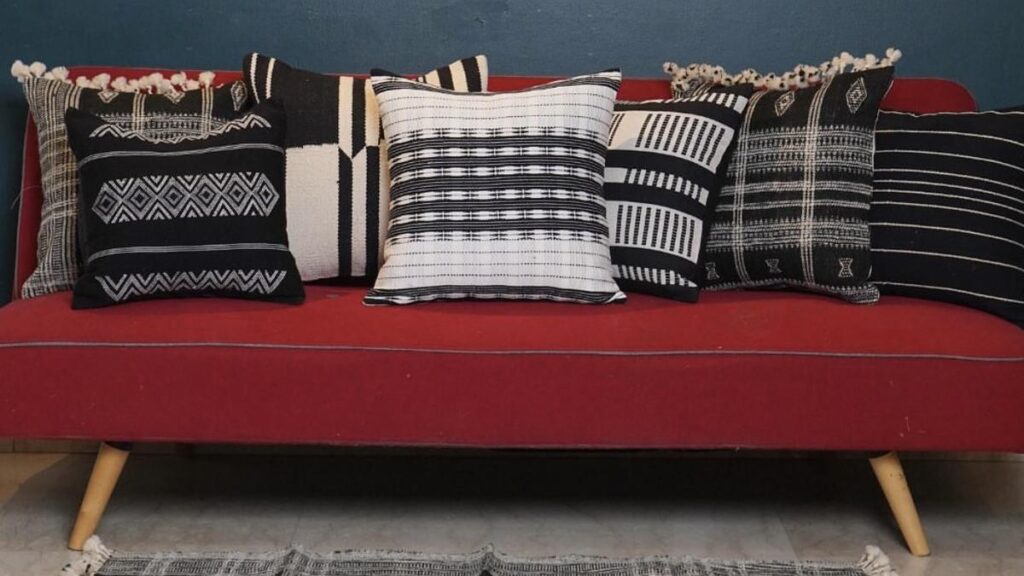AHMEDABAD: The GST department has introduced new rules, effective from Oct 10, that will impact tenants of leased commercial properties. Under these rules, if the property owner is not registered under GST but the tenant is, the tenant will be required to pay 18% GST under the reverse charge mechanism (RCM).
This could create challenges, particularly for tenants under the composition scheme, such as many small restaurants, as they will have to pay GST but will not be able to claim input tax credit (ITC), resulting in increased working capital requirements, said experts.
Karim Lakhani, a chartered accountant, explained the situation in simple terms: “If a commercial property owner is registered under GST, they collect and pay GST to the govt as usual under the forward charge mechanism (FCM). But now, even if the owner isn’t registered, the tenant must pay 18% GST under RCM if they are registered. Tenants can claim ITC. However, this is not possible if they are under the composition scheme.”
Composition scheme is a scheme for GST payment available to small taxpayers, whose aggregate turnover in the preceding financial year did not cross Rs 75 lakh.
“This will result in higher working capital requirements for the tenant. The new rules will affect small manufacturers, traders and service providers who take shops, offices, industrial sheds or warehouses on lease if they have opted for the composition scheme. However, if the tenant is registered under GST as a regular taxpayer, then they are eligible to claim RCM liability as ITC,” added Lakhani.
These new rules will not apply if both the tenant and the owner are not registered under GST. However, if both parties are registered, or if only the owner is registered, the GST applies through the forward charge mechanism (FCM), where the owner collects and pays the tax. The reverse charge comes into play only when the tenant is registered but the owner is not.
Lakhani further said, “Since most property owners are not registered under GST, tenants will now have to handle their RCM liability through cash or cheque payments, as they cannot use their ITC balance for this purpose.”
Source Homevior.in




